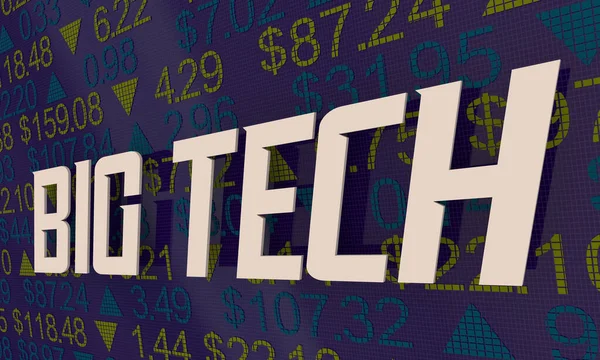Microsoft, Google, Meta, and Amazon have conjured nearly $10 billion in additional profits over the past two years. Their secret? A nifty accounting change involving the estimated lifespan of their servers. This maneuver not only sweetened their recent robust quarterly earnings but also provides a cushion for future expenses, especially in the realm of generative artificial intelligence.
These tech giants tweaked their accounting methodologies related to the anticipated lifespan of their tech gear. This move, while seemingly mundane, resulted in a whopping $6 billion boost to the coffers of Google and Microsoft last year alone. Amazon has recently followed suit, extending the expected lifespan of its assets even further, promising more profit in the upcoming year.
In financial accounting, companies make estimates about how long their assets will last to determine depreciation schedules. Extending the estimated lifespan of these assets is like a financial alchemy, reducing depreciation charges and inflating reported earnings by around $10 billion collectively.
If their predictions hold true, and these tech giants indeed squeeze more life out of their servers, it not only pads their current profits but also curtails future spending. This strategic move positions them to maximize their colossal capital investments earmarked for advancing AI technologies.
Simultaneously, these companies are gearing up for potential supply chain challenges, grappling with semiconductor shortages critical to their server and computer systems. They've cautioned investors about significant investments in their technical infrastructure this year as they push the boundaries in developing cutting-edge generative AI systems.
The delicate balance between investor expectations for margins and efficiency and the imperative to aggressively invest in cloud and AI, these tech behemoths are adopting strategic accounting changes. Youssef Squali from Truist Securities notes that while extending the lifespan of servers might not have been a priority in times of abundant cash flow, the current scenario sees companies increasing capital expenditures while safeguarding against margin erosion. Such accounting maneuvers are likely to persist in this dynamic landscape.
Google's parent company, Alphabet, slashed depreciation costs and extended server and network equipment lifespans, reaping a $3.9 billion benefit in 2023. Microsoft, not to be outdone, stretched its server lifespan to six years, pocketing an additional $3 billion in net income last year. Meanwhile, Meta enjoyed a depreciation cost reduction of $860 million in 2022, adding $693 million to its net income.
Amazon, not content to miss the party, boosted its income by $2.8 billion in 2022 with a depreciation cost reduction of $3.6 billion, extending server lifespans from four to five years. This week, Amazon announced another extension, anticipating a $3.1 billion boost in operating income for 2024.
While these depreciation gains appear significant, they pale in comparison to the colossal capital expenditures expected this year. As these tech giants channel vast sums into constructing new data center architecture and enhancing technical infrastructure, the generative AI revolution continues.
Scott Kessler, an investment researcher at Third Bridge, suggests that these depreciation savings should be viewed in the context of the massive revenues these companies generate. He notes that a few billion dollars for a Big Tech company is "basically a rounding error."
The real spectacle lies not just in the accounting tricks but in the billions that continue to flow through their coffers as they navigate the complex terrain of AI innovation.

